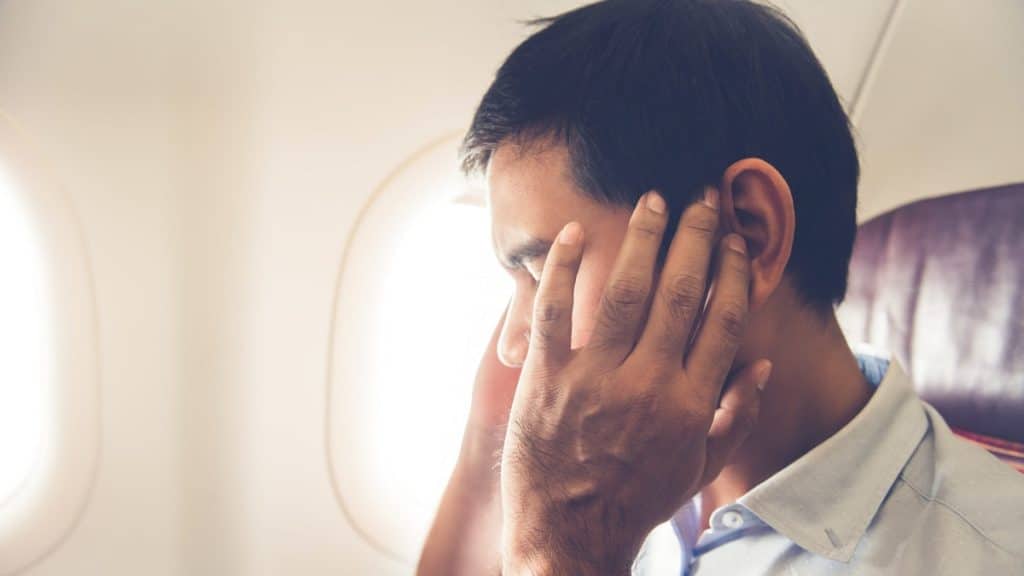Flying is an exciting experience for many, but it can also come with discomfort, such as ear pain. This phenomenon often occurs during the takeoff and landing of an airplane. But why does this happen? In this article, we dive into the science behind air pressure and hearing, and how simple tools like earplugs for flying can help reduce discomfort.
The Impact of air pressure on your ears
When you’re on a plane, the aircraft quickly ascends to high altitudes. At these altitudes, the air pressure is significantly lower than at sea level. Your ears, particularly your eardrums, are sensitive to changes in air pressure. Normally, the eustachian tube, a small canal that connects the middle ear to the throat, ensures that the pressure on both sides of the eardrum remains equal. This happens by allowing air to pass into the middle ear.
However, during takeoff and landing, the air pressure changes so rapidly that the eustachian tube struggles to equalize the pressure in the middle ear with the pressure outside the ear. This pressure difference can lead to an uncomfortable feeling of pressure or even pain in the ears. In severe cases, the eardrum can even become damaged.
How earplugs can help
Earplugs for flying are specially designed to regulate the pressure on your ears. They work by allowing the air pressure to change more gradually, so your eardrums are less exposed to sudden pressure differences. This can help reduce the discomfort and pain that often accompany flying.
There are various types of earplugs available, ranging from simple foam or silicone varieties to more advanced earplugs specifically designed for pressure regulation.
The role of airplane noise
In addition to pressure changes, the constant noise from the engines on an airplane can also contribute to discomfort during flying. Although most modern airplanes are equipped with technologies that reduce noise, the sound levels in the cabin can still be high. This can not only be tiring but also harmful to your hearing, especially during long flights.
Earplugs can also help reduce the sound of the engines, making your flight quieter and more comfortable. This is especially useful for people who have trouble sleeping during a flight. By reducing ambient noise, earplugs can contribute to a better night’s sleep, which is particularly important during long-haul flights. Alpine Hearing Protection can help you choose the right hearing protection.
Flying with a cold: extra caution needed
Flying with a cold can significantly increase the risk of ear discomfort. When you’re congested, your sinuses and eustachian tubes can become blocked, making it even harder to regulate the pressure in your ears. This can lead to severe pain and, in some cases, even a ruptured eardrum.
